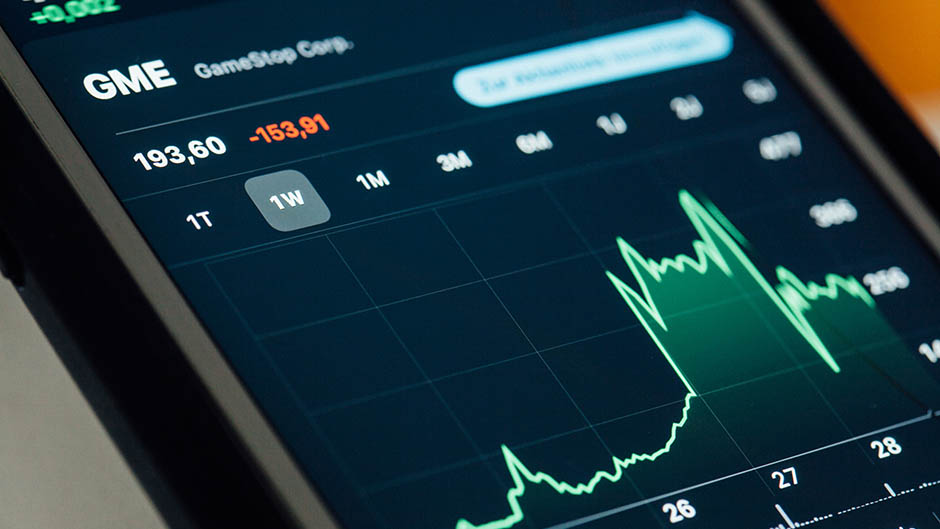In recent news, WallStreetBets subreddit members, mainly retail or day traders, seem to have outsmarted Wall Street by playing the stock market odds and investing in companies that professionals believe will fail.
“This is textbook behavioral finance playing out in the market,” said Kumar.
According to Kumar, the central idea in behavioral finance (an area of finance that uses ideas from psychology to explain market behavior) is that prices are determined by a tug of war between sophisticated institutional investors and relatively unsophisticated retail investors or noise traders. With
noise traders in the market, prices can fluctuate widely even when there is no change in cash flows or the macroeconomic environment. Prices increase if noise traders become more bullish and their future demand is expected to be high.
“In other words, noise trader sentiment can have a significant impact on prices. The presence of noise traders also creates risk for sophisticated traders because they cannot accurately predict their behavior.”
And this is exactly what is happening to stocks of GameStop, AMC, Sorrento Therapeutics, American Airlines, and a few others.
The short squeeze of the GameStop stock triggered the extreme and rapid payoff, but now many investors are attracted to these types of stocks because of their gambling mindset. They are attracted by the “skewness” or the lottery-like payoff in these stocks.
“These gambling motivated investors can be retail investors but can also be institutional investors,” he said. “We are attributing all these abnormal price patterns to retail investors but gambling-motivated institutions could be playing a role too.”
His research also shows that individuals are more likely to gamble during bad economic conditions (i.e., during economic depression) and when they are depressed. It is likely that anxiety created by the pandemic is also driving their extreme risk-taking behavior, he said.
“Another factor that is likely to be playing a role is the limited availability of traditional gambling venues,” said Kumar. “My recent research also shows that investors around the world exhibit a tendency to gamble in the stock market when the traditional gambling venues become less available to them.”
This is a high-stakes game, and Kumar advises anyone interested in this type of gamble to be prepared for financial casualties related to a price collapse.

